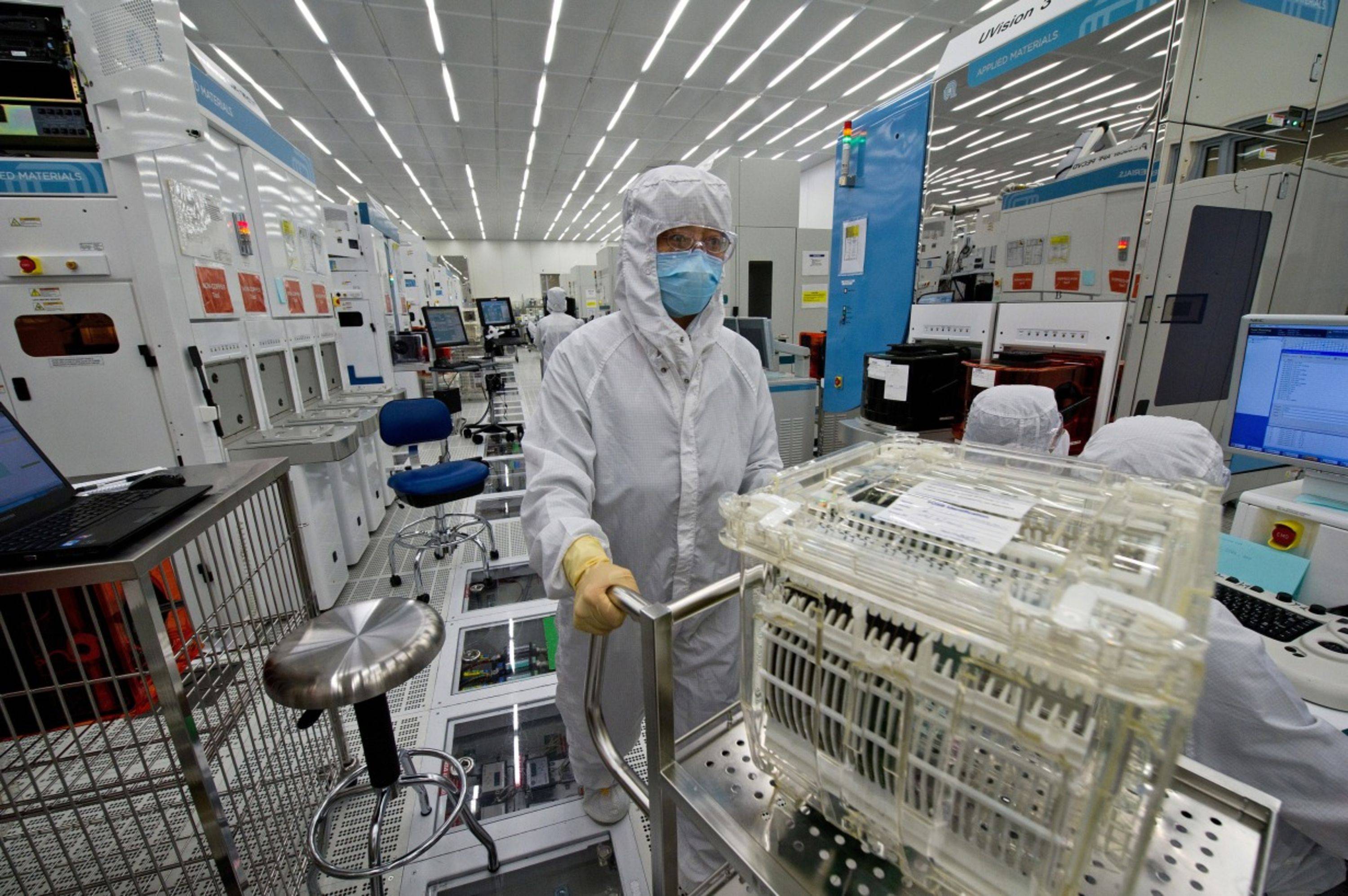Data may be the “oil” of the information economy, but without microelectronics, those data are just assortments of zeros and ones. Semiconductors, silicon-based “translators” of data into information, are essential to the 21st century economy, making connectivity and all the resulting “information-related” innovations possible. The United States has dominated this field since the semiconductor was invented over a half century ago and assesses any attempt to replace it as No. 1 as an affront to national pride and a threat to national security.
That mentality first surfaced in the 1980s, when the U.S. mobilized to fend off a Japanese challenge to its supremacy in the industry. It has re-emerged in recent years as China recognized the role that semiconductors play as it aims to become the world’s most innovative nation and to dominate production of high technologies.
The U.S. is playing defense — late last month, Washington imposed new restrictions on the export to China of semiconductor production equipment and other technology — but that isn’t enough. The U.S. needs a more expansive strategy to maintain its lead in this field, and that means working closely with its allies, especially Japan.



















With your current subscription plan you can comment on stories. However, before writing your first comment, please create a display name in the Profile section of your subscriber account page.